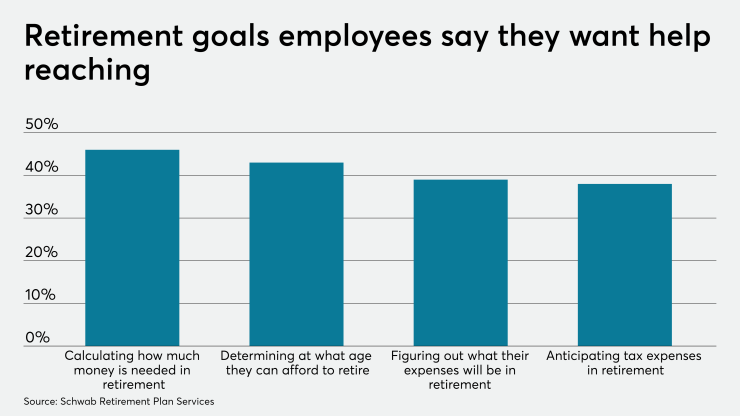There is much written about retirement-readiness but most of it is focused on financial or legal issues. To sail smoothly into this next phase of life, it is also important to consider the emotional side of retirement. This requires a hard look at yourself, your sources of identity and self-esteem, your need for structure and your desire to give back. In addition, don’t forget to consider how retirement will change your relationships, both inside and outside of the home. It’s easier to do this self-reflection before retirement is upon you, though it’s never too late.
Retirement varies for each person so it’s difficult to follow in someone else’s shoes. Be honest with yourself about what’s important to you as you approach this transition. Many people find it helpful to think it through by talking to a counselor or a coach. Most Employee Assistance Programs (EAPs) provide no-cost career counseling and/or can refer you to an outside coach. If your retirement is involuntary and you are offered outplacement, take full advantage of those services. Talking with friends, writing in a journal and reading books and articles on retirement issues can often help with this process.
One good exercise is to think about where you get your identity and self-esteem. To what extent do you feel better about yourself when you reach a milestone or get recognition? If you have thrived on milestones and recognition in the workplace, you may need to do something after retirement to continue it. For example, some volunteer work has recognition built in. Although you may be looking forward to a life of travel and relaxation, some people find that in earlier years, they avoided charity or volunteer work due to lack of time. When considering volunteer work, it’s important to be choosey from the start. What’s the commitment? What type of schedule is involved? There are many ways to get involved, but start slowly.
The need for structure
Many people worry about getting bored when they retire. For some people, the lack of structure after retirement is daunting. Some people love the idea of having nothing planned and others are terrified by it. Finding the right structure is critical to your mental wellbeing. Structure can be simple but extremely important.
How will your relationships change?
It is somewhat inevitable that couples find that retirement has altered their relationship. Their established routines may involve alone time, business travel and specific roles within the home. All of these roles change in retirement. It is not uncommon, for example, to hear one partner complain that the other is “always underfoot.” Adjusting as a couple may require marital counseling. The flip side is a single person who feels more loneliness without a workplace to fill the void. Retirement may call for more effort to connect with family and friends.
Remember that approaching retirement and moving through the first few years is a process, not an event. You may be more at risk of overcommitting than of feeling lost. The more you can think and talk about these issues and prepare, the easier the transition. And, it’s a sign of strength to ask for help as you enter this phase.






